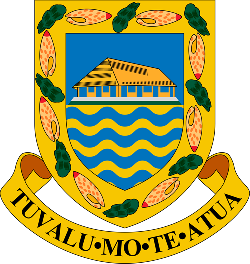Filter by topics:
Filter by focus area:
Filter by publication year:
Results
Tuvalu faces several development challenges as one of Small Island Developing States (SIDS). The National Strategy for Sustainable Development (2016-2020) (TK III) addresses these challenges and provides important guidelines on Tuvalu’s sustainable development.
The Tuvalu Government requires employees as well as members of Parliament, the public service, consultants, vendors, contractors, donors, and/or any other parties with a financial or operational relationship with the Government of Tuvalu to observe high standards of business and personal ethics in the conduct of their duties and responsibilities. As employees and representatives of the Tuvalu Government, we must practice honesty and integrity in fulfilling our responsibilities and comply with all applicable laws and regulations.
This fraud policy is established to support increased awareness, understanding and transparency of the control environment to support the detection and prevention of fraud against the Government of Tuvalu.
The Government of Tuvalu has a zero tolerance approach to fraud, and shall promote consistent behaviour by providing guidelines for staff, assigning responsibility for controls to positions and conducting investigations into alleged fraud.
"Te Kaniva" was the first Tuvalu climate change policy presented by the former Hon. Apisai Ielemia in 2012, refering to a "traditional travelling method of using stars and daily weather patterns by our ancestors when they go on a long journey on a fishing expedition" meaning that TCCP will help the nation chart a way through the many impacts of climate change.
